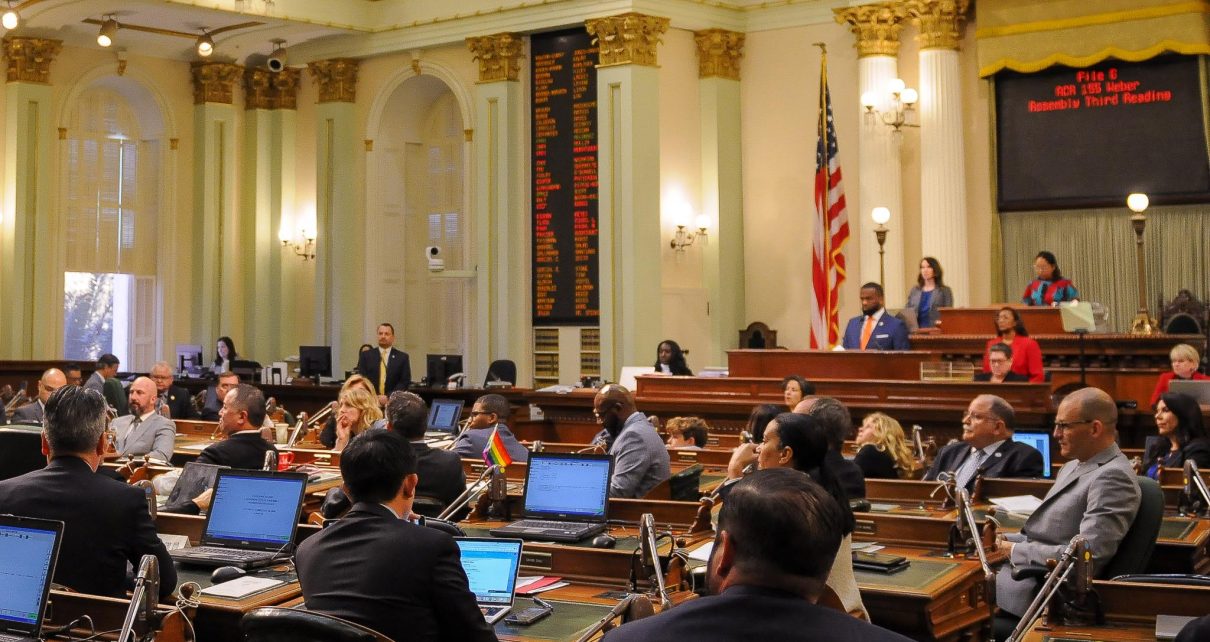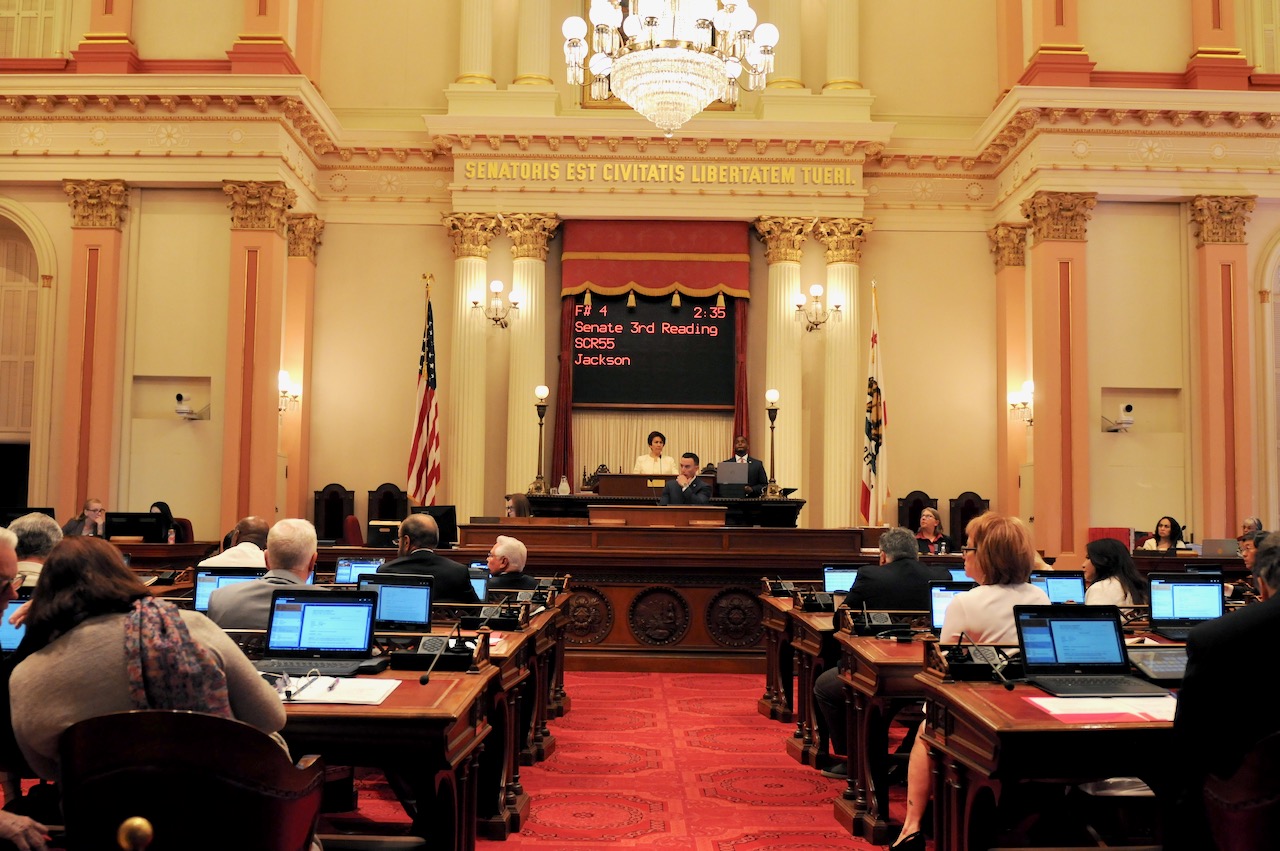
California State Assembly. (Photo: Kevin Sanders for California Globe)
Intriguing Timing Definitions in Statute
The ‘effective date’ is generally defined as the date that the bill is ‘on the books’
By Chris Micheli, October 5, 2022 6:19 am
In reviewing the hundreds of bills that made it to the Governor’s Desk this Session, one of those bills had several interesting definitions. Each definition related to the effective date of the act (i.e., the statutory scheme that was enacted by this particular bill).
The “effective date” is generally defined as the date that the bill is “on the books.” This is usually January 1 of the year following enactment, such as January 1, 2023 for most bills in the 2022 Session. The effective date is distinguished from the operative date, which is also usually January 1, but can be delayed a few months or even a few years.
This particular bill that was recently signed by the Governor had the following definitions:
(c) “Hereafter” means any time subsequent to the effective date of this act.
(d) “Heretofore” means any time prior to the effective date of this act.
(e) “Now” means the effective date of this act.
Pursuant to this new statute, the term “now” is defined as the effective date itself. The term “hereafter” is defined as the time after the effective date, while the term “heretofore” is defined as the time before the effective date. It is not common for these terms to be used. For example, “hereafter” is found in more than 900 statutes, while “heretofore” is found in more than 375 statutes.
However, it does not appear that the term “hereafter” is defined anywhere else in California’s 29 Codes. The term “heretofore” is defined in just one other statute.
What also makes these terms unique is that they are often associated with “legalese” writing, which is generally meant to be avoided in bill drafting. However, that is not always the case in the California Legislature.
- Pacific Marine Fisheries Compact - February 24, 2026
- Relations of LLC Members and Managers - February 24, 2026
- This Is an Interesting Limit on Rulemaking Power - February 23, 2026





One thought on “Intriguing Timing Definitions in Statute”